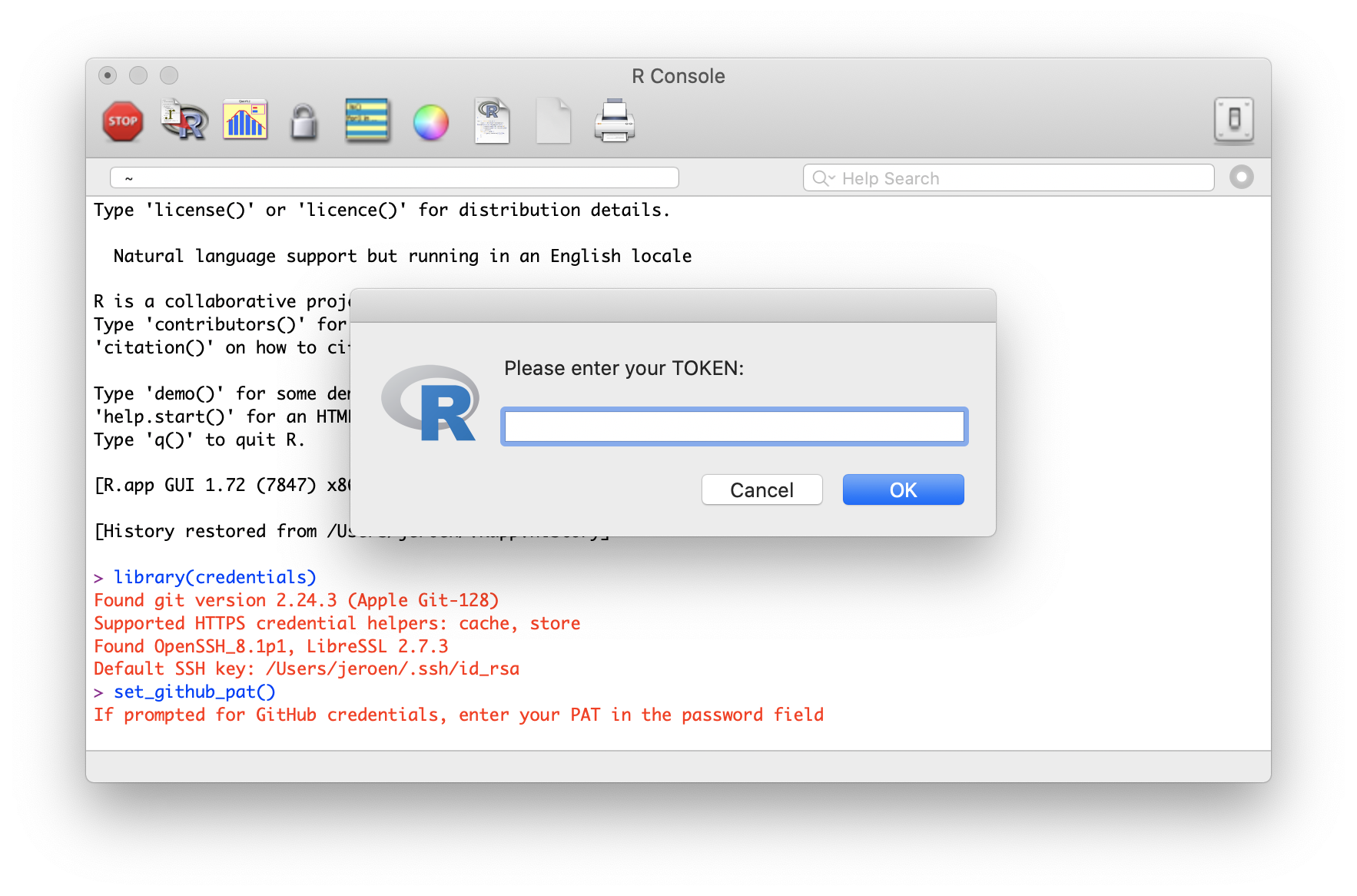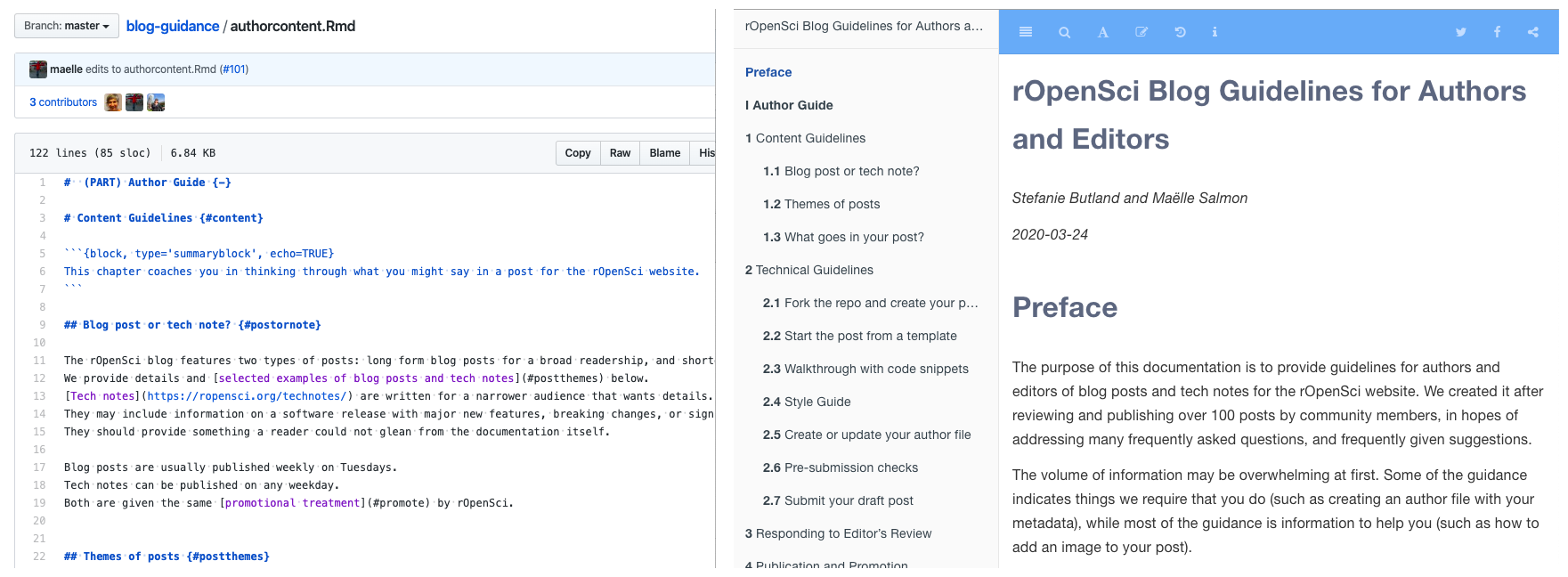The Wikipedia entry for OpenCitations is woefully out of date, inaccurate and brief. As Directors of OpenCitations, Silvio and I are unable to improve this situation because of Wikipedia’s proper conflict-of-interest restriction on self-promotion. OpenCitations is actively seeking greater involvement from members of the global academic community, as explained in our Mission Statement.
Rogue Scholar Posts

I recently made my first R package and was asked how I did it. The answer of course was: I searched, read, and stumbled around until it was done. But having gone through the process I figured it was worthwhile summarising what I did and what I found tricky. First off, there are a ton of resources out there that describe how to go about building a package.
Say you have a bug report or feature request to make to a package.How can you use information on GitHub to manage your expectations (will there be a quick fix) and actions (should you go ahead and fork the repository)?In this post, we shall go over sources of information and explain how they can be used.In the end, there is no magical recipe, except perhaps graciousness, as software is made by humans.
rOpenSci Software Peer Review’s guidance is gathered in an online book that keeps improving!This blog post summarises what’s new in our Dev Guide 0.8.0, with all changes listed in the changelog.Farewell Stefanie Butland After many years of fabulous contributions to the rOpenSci community, Stefanie Butland left the role of community manager at the start of 2022.
Following our recent post on “Safeguards and Backups for GitHub Organizations”, nearly one month ago we went one step further and made two-factor authentication (2FA) required for all members and outside collaborators of our main organization, ropensci.It was a timely decision as GitHub since then announced it will require all users who contribute code on GitHub.com to enable one or more forms of two-factor authentication (2FA) by the end of
Did you know that GitHub lets you refer to the default branch of any repository by substituting the branch name with HEAD in the url? This is a very useful trick to write robust code that works regardless of whether the default branch is called main or master, and will keep working when the default branch gets renamed at some point.
At rOpenSci, much of our code, content and infrastructure is hosted on GitHub over several organizations – described on our resources page.This post summarizes some steps we’ve taken to safeguard our GitHub organizations.Paying attention to access rights &
Software unter Tage: Computer-Programme müssen regelmäßig aktualisiert werden, sonst drohen Sicherheitsrisikos und technische Schwierigkeiten. Doch wie archiviert man Software, so dass sie zukünftige Generationen als historische Quellen nutzen können? Welche Rolle spielen Klimawandel und Erderwärmung, wenn Dateien für Jahrhunderte konserviert werden sollen?

We have been working hard behind the scenes on the upcoming release of our new git package named gert, a joint effort from rOpenSci and the Tidyverse team. One of the main features of gert is the out-of-the-box authentication mechanism, which is provided via the new credentials package.

After soliciting, reviewing, and publishing over 100 blog posts and tech notes by rOpenSci community members, we have created the rOpenSci Blog Guide for Authors and Editors to address many frequently asked questions and frequently given suggestions. Technically, we structured the content as a bookdown gitbook.